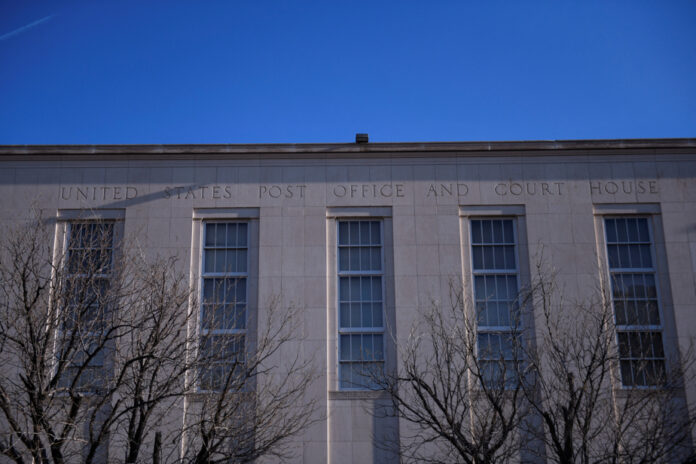(Washington) In the United States, lawyers are used to filing suits in courts that are supposed to be favorable to them, but the tradition of “judicial shopping” is coming under renewed criticism after a series of highly political rulings.
When actor Johnny Depp decided to sue his ex-wife Amber Heard — because she had presented herself as a victim of domestic violence in a column published by the Washington Post — he did not take legal action against him. California, where he lives.
The star had filed a complaint in the state of Virginia, where defamation laws are more favorable to plaintiffs. He relied on the fact that the daily servers and printing presses are located there.
“A plaintiff always chooses the most advantageous forum for him, on the basis of several criteria relating to practical aspects, procedures or if he thinks that his judges will be receptive” to his file, explains to AFP Bruce Green, professor at Fordham Law School.
But in some states, and especially in Texas, geography has introduced a bias: “There are a lot of places that are so far from everything, so there are small divisions with a single federal judge,” says Joshua Blackman , professor of constitutional law at the University of South Texas.
This is the case of Amarillo, in northwest Texas, where Matthew Kacsmaryk is the only federal judge. Before being appointed to this position by Donald Trump, he was a lawyer for a Christian right organization and displayed ultra-conservative views.
Strategically, opponents of abortion created a new coalition “Alliance for hippocratic medicine” in August and domiciled it in Amarillo. Three months later, they filed a complaint against the abortion pill, certain that it would land on Judge Kacsmaryk’s desk.
On Friday, he agreed with them by deciding to suspend, from April 15, the marketing authorization for mifepristone (RU 486).
His decision sparked strong emotion among Democrats, with their Senate leader Chuck Schumer choking on the idea that “right-wing activists could choose an extremist magistrate” to obtain a decision valid for the whole of the United States. .
“Forensic shopping” has long been seen as innocuous, but in recent years it “has focused more on matters of national concern with drastic consequences,” raising new concerns, notes Bruce Green.
Before Judge Kacsmaryrk, other magistrates have indeed issued “national injunctions” to block policies adopted by the governments of Barack Obama, Donald Trump or Joe Biden, particularly in matters of migration or the rights of transgender people.
For Joshua Blackman, two factors have fueled this trend.
In 2013, the Senate, which is mandated by the US Constitution to confirm federal judges appointed by presidents, changed its rules: magistrates now only need 50% of the votes of senators compared to 60% previously.
Since they no longer need the support of opposition politicians, the presidents “appoint judges further from the center […] who are more ideologically marked”, underlines the professor.
At the same time, he says, state attorneys general – who are elected officials – “have become increasingly aggressive towards the executive branch” if it is not of the same political color.
That of Texas, Republican Ken Paxton, who in two years has filed complaints 26 times against Biden administration measures, including seven in Amarillo, embodies the excesses of “judicial shopping”, according to law professor Steve Vladeck .
This practice “is an old problem…but what Mr. Paxton and others are doing is far more dangerous” to the rule of law, the expert wrote in an op-ed published by the New York Times.


















